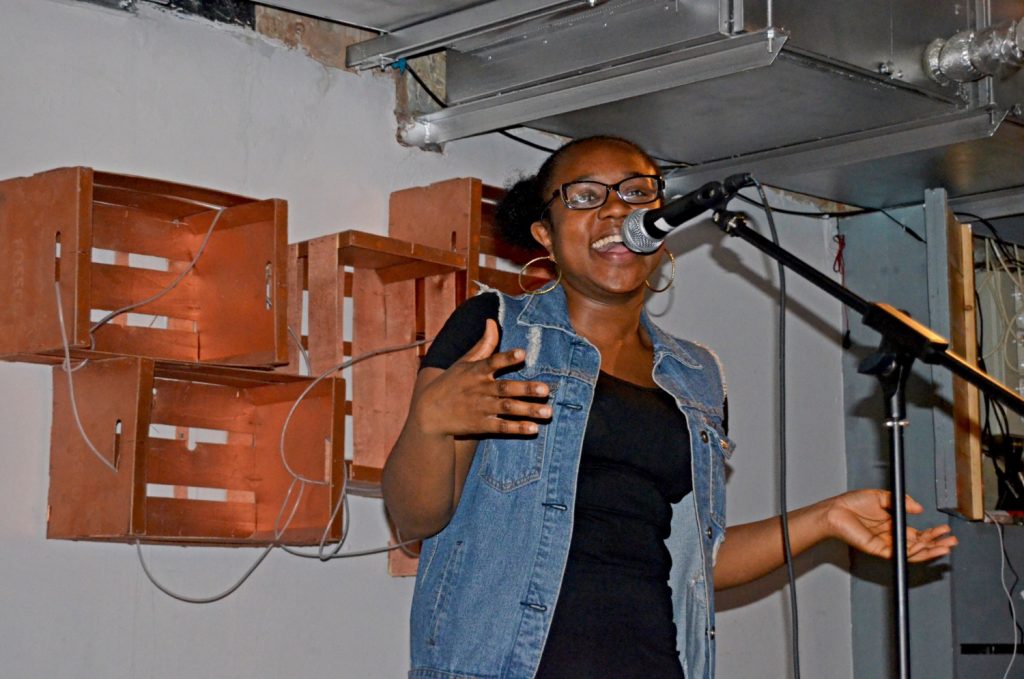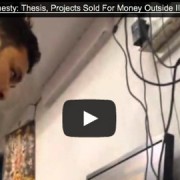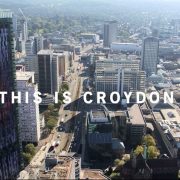
While the museum stays shut, the borough’s poet laureate is helping young people in the area introduce a contemporary twist into its collection
Now more than ever, museums are being challenged to make their collections more inclusive for their visitors and local communities. The British Museum has been called out for not acknowledging the violent, colonial context that accompanies many of their artefacts. And since the Black Lives Matter protests last summer, some museums in the UK have been reviewing their public collections and exhibitions.
In Croydon, 28-year-old Thornton Heath local Shaniqua Benjamin is initiating change in the Museum of Croydon with her Voices of Croydon residency. From January 27, for two months, Benjamin is working together with local 18 to 25-year-olds from Black, Asian, and Minority Ethnic communities, as well as under 18s from the Croydon Music and Arts youth collective. Through a series of online workshops, she invites them to explore the museum’s collection. These interactions will culminate in a virtual exhibition.
Participants can create their own responses to the collection through the varied mediums of prose, poetry, sound, visual art, and film. Once they are shown in the exhibition they will be placed permanently in the museum’s archives and visual art collection – making their own mark in local history. “This is a great way of getting [young people’s] voices heard but also for them to be part of Croydon’s legacy and contribute art that will be part of the museum in the future,” says Benjamin.
Since the start of the pandemic, The Museum of Croydon has put much of their collection online. Most of the artworks on the museum’s Art UK page are pieces that previously decorated the walls of the borough’s civic buildings, or were donated by the Croydon School of Art. With 19th century landscapes and town scenes in the borough, and many portraits of white political and artistic figures of the 19th-20th century, the collection as it currently stands lacks key voices that reflect Croydon’s contemporary history.
Should this residency have happened a long time ago? “I think it’s probably a bit overdue,” Benjamin says sincerely. Still, she stresses the urgent need for the museum to integrate successfully with its local communities: “Particularly with everything that happened with the Black Lives Matter movement, it is important that Black people are heard. Croydon has got this beautiful melting pot of culture and it needs to have this residency to be able to bring in the voices that are often missing in collections and within the museum.”
Benjamin also hopes that this residency will help introduce more young people to the museum. “They don’t know it’s there and it’s just something that they’re not really aware of and not sure that they can even contribute to,” she says.
Of course, creating any sort of change within a physical collection is never easy when it has to be done online: “It’s incredibly difficult because it involves the museum, and not only that, it’s things like looking at the collection […] and to be able to really see the gaps and what is needed. You really need to immerse yourself in that.”
But Benjamin still beams with excitement about the project: “At least we can do it and we can come together […]. It’s an interesting learning process as well because so much is happening online, so it’s good to learn for the future.”
A poet and she didn’t even know it
The arts have always had the potential to create positive change and help bring young people together for Benjamin. Surprisingly, she says she initially couldn’t get to grips with poetry. “I’ve always loved writing, but I hated poetry. It just really ruined it for me,” she laughs.
But in 2015, she found a passion for it when she first shared her work with an audience as part of The Complete Freedom of Truth, an international youth programme in Bosnia. “[I] realised what an amazing form of expression it was: that you could face so many things and make a powerful impact in a very short space of time. And I thought: ‘this is what I love, this is what I need, this is very healthy for me.’”
She then came back to Croydon with a newly built confidence in her poetry, and in 2016 founded Young People Insight – a platform for young people to discuss creative ideas and develop their own writing. “It’s a space for young people by young people”, says Benjamin.
Bringing together a ‘fractured’ borough
The borough has, and always will be, a place Benjamin cares about: “Croydon is my home. I’ve grown up here, I grew as a person and I wouldn’t have been the same without [it].”
She also recognises some of the problems at its core. “Croydon is so fractured, and I’ve started seeing that,” she says. “Croydon North is a lot poorer, […] and Croydon South is more affluent. You can even see [that] with the way that Croydon South looks; it’s more leafy and greener. Croydon North is much more urbanised and has a gritty, concrete jungle kind of look […]. I think it’s difficult to bring everyone together somewhere that’s so big. But it’s also the many societal and socio-economic divides that that make it so challenging. It’s just key for me to put my faith in actions where I live to make a difference.”
The results of the Voices of Croydon residency will be available for the public to see virtually from March onwards.




